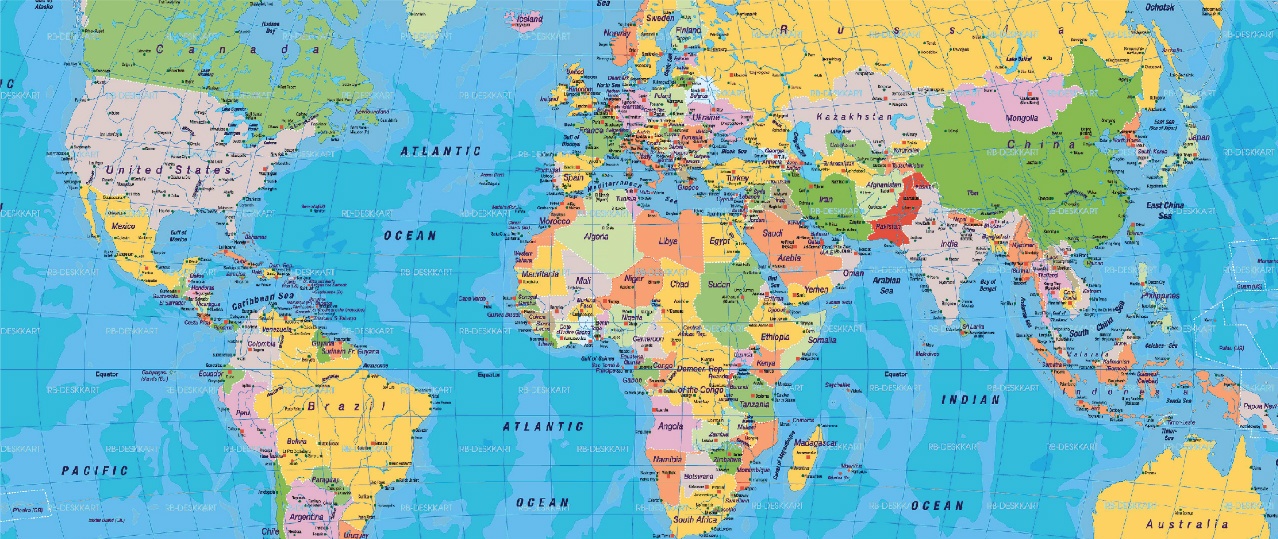Bussiness
U.S. Rep. French Hill: Isolationism is ‘wishful thinking’ – Talk Business & Politics

The United States must be an active leader in world affairs and cannot adopt an isolationist stance, U.S. Rep. French Hill, R-Little Rock, said Wednesday (Aug. 29).
“Wishful thinking is not a strategy,” he said. “Across our nation, there’s a growing movement of wishful thinking that somehow the United States is best when isolated from the woes of war and authoritarian communism and radical religious fanatics who are committed to the death of America or Western values.”
Hill spoke in Little Rock before a meeting hosted by the U.S. Global Leadership Coalition. It describes itself as a network of business, national security, academic, faith-based and other leaders who support investing U.S. resources in development and diplomacy efforts alongside defense.
Hill, who serves on the House Foreign Affairs Committee, said the strand of isolationism is evident in the House of Representatives where he serves, in the media and social media, and in regular conversations at home in Arkansas.
While he briefly criticized President Joe Biden for some of his policies, he did not mention his party’s presidential nominee, former President Donald Trump, who has advocated for an “America First” foreign policy stance.
He said Americans say the United States should not be investing money overseas because of the national debt, that it should abandon the United Nations because some of its member countries hate the United States, that it shouldn’t support Ukraine because Russian President Vladimir Putin doesn’t have a beef with the United States, and that it shouldn’t even support Taiwan.
Hill said such sentiments have existed since the United States was founded, but without global alliances with the French and Dutch, the country wouldn’t exist. Successive presidents from both parties have argued that peace comes through strength.
“Appeasement coupled with weak, ineffective security capabilities are demonstrated by history and reality to result in failure, misery and subjugation,” he said.
Hill said that peace through strength won’t be achieved by the United States acting alone. The post-Cold War multipolar war is marked not by a binary competition between the United States and the Soviet Union, but by changing alliances and new risks. The multipolar world requires complex diplomacy and partnerships.
Opposing the global order are China, Russia, Iran and North Korea, along with their proxies. He said that because President Biden has removed sanctions against Iran, that country is now selling 80% of its oil to China sanction-free and is using that money to build a weapons arsenal that it exports. China and North Korea are aiding Russia in its efforts, while North Korea and Iran are advancing their nuclear capability. Russia is launching a space-based nuclear weapons program.
Hill said sanctions against Russia over Ukraine haven’t been as successful as they could have been. Biden has only imposed sanctions where he thought he could get consensus in the G7 group of wealthy, industrialized countries. Biden did so because it offered the best chance for enforceability, but it’s allowed Russia to export aluminum, gas, food and oil.
“We’ve damaged the Russian economy, but we haven’t crippled it like I think people thought,” he said.
Hill is a primary author of the REPO Act, which allows frozen Russian assets to be used for rebuilding Ukraine. Biden hasn’t used his authority because it has been vetoed by Germany inside the G7. Instead, the allies have agreed to use the interest gained to help Ukraine. Hill said that was insufficient.
Hill said China is in trouble politically and economically with a declining population, bad investments and no social safety net.
“They’re at that point where they could become South Korea or Taiwan – or Nigeria, but on an enormous scale because of billions of people,” he said. “I’m making a bet they find their way through this, but they are in a very troubled economic time.”
Also speaking at the event was Sarah Thorne, Walmart’s senior director of government affairs. Thorne said Walmart is located in 19 countries around the world and sources from an additional 80 countries. Two-thirds of what it sources for its U.S.-based stores is grown, made or assembled in this country, but it still depends on the global economy.
Thorne said that national security and economic security are linked. When Russia invaded Ukraine, Walmart asked what it would mean for its operations. The retailer doesn’t have stores in Ukraine, but that country produces a lot of wheat, much of which goes to Africa. The world was just coming out of COVID, so prices were high, so if Russia blocked the ports, which happened, prices would rise, which also happened. The same would happen with sunflower oil. In Africa, people became food insecure, which led to instability.
Thorne said Walmart seeks to increase development opportunities oversees for its smaller sellers. Small farmers need to know how to sell to Walmart, so the retailer partners with development agencies to train them to create a sustainable cycle of economic development.
She said Walmart has an International Building in Bentonville that supports its international operations. Growing internationally helps Walmart grow nationally because of the innovations it gains.
“We live in a global economy,” she said. “There’s no way truly to decouple from the world, and so the best we can do is to be competitive.”










